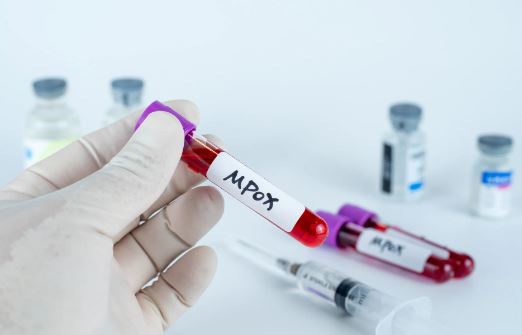The USAID this week provided support to the World Health Organization to procure two kits (96 tests each) of advanced polymerase chain reaction tests to aid mpox detection and to equip the South Sudan National Public Health Laboratory with essential tools to rapidly test and enhance detection of the virus.
According to a press statement from the U.S. Embassy in Juba on Friday, the upsurge of mpox in several countries in the region highlights the need for vigilance and response to emerging disease threats.
“This is in addition to the previous provision on September 1 by the U.S. Centers for Disease Control and Prevention of one kit with 96 tests,” the statement read, adding that to date, these kits have enabled South Sudan to perform 74 tests, of which all have been negative.
USAID Acting Mission Director Yohannes Araya emphasized that the U.S. is committed to global health security and improving the health of the people of South Sudan.
“We are pleased to deliver these important testing supplies to halt the spread of mpox in the region,” he stated.
In 2023, the United States, through the U.S. Agency for International Development (USAID), delivered a first tranche of $5 million for infectious disease surveillance and response as part of a comprehensive strategy to build Global Health Security.
“In 2024, the U.S. contribution to outbreak prevention, detection, and response increased to $7 million,” the statement said. “As we continue to provide this assistance, we call upon the transitional government to increase its use of public revenue to support the health sector.”
According to the European Medicines Agency (EMA), mpox is a disease that is transmitted to people by animals, mainly rodents, but can also spread between people with direct contact. It is endemic in certain parts of Central and West Africa. The current surge in cases in the DRC and several neighboring countries is driven by the mpox clade I strain which is known to cause a more severe form of mpox in humans than the mpox clade II strain that spread during the 2022/2023 PHEIC. Mpox can be fatal for people with weak immune systems.




